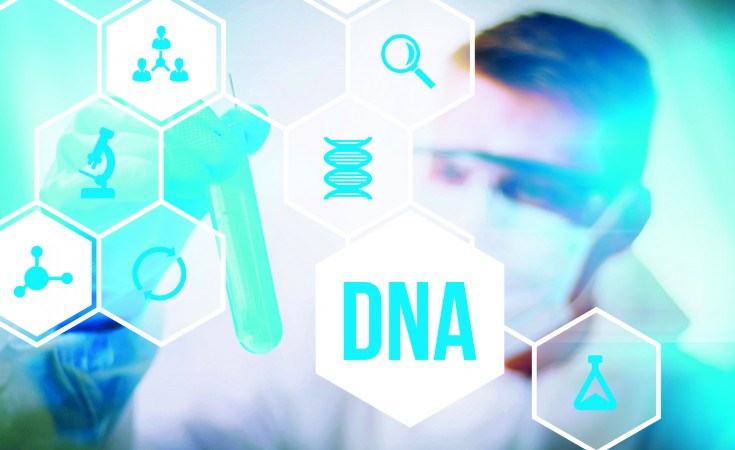The Genetic Information Nondiscrimination Act (GINA), passed in 2008, is intended to prohibit employers from using an applicant’s or employee’s genetic information as the basis for making employment decisions, setting premiums for group health insurance or providing other privileges of employment. GINA also requires employers to refrain from asking employees to provide genetic information and to keep confidential any genetic information that they happen to acquire.
In order for genetic information obtained through wellness programs to conform with Title II regulations, employees are to provide their genetic information on a voluntary basis. This means the employer neither requires employees to provide information nor penalizes those who do not.
Employees must also voluntarily provide prior written authorization for employers to collect their genetic information. The form employers use for such an authorization must also meet certain requirements:
1. It should be written so that the individual is likely to understand it;
2. It must describe the type of genetic information that will be obtained and the general purposes for which it will be used; and
3. It must describe the restrictions on disclosure of genetic information and the safeguards in place for ensuring its confidentiality.
This authorization may be made electronically, as long as it is functionally equivalent to a written authorization.
Individually identifiable genetic information should be provided only to the employee, or the employee’s family member if the family member is receiving genetic services. Additionally, the licensed health-care professionals or board-certified genetic counselors involved in providing such services may also receive the information. It should not be accessible to supervisors or anyone else in the workplace.












